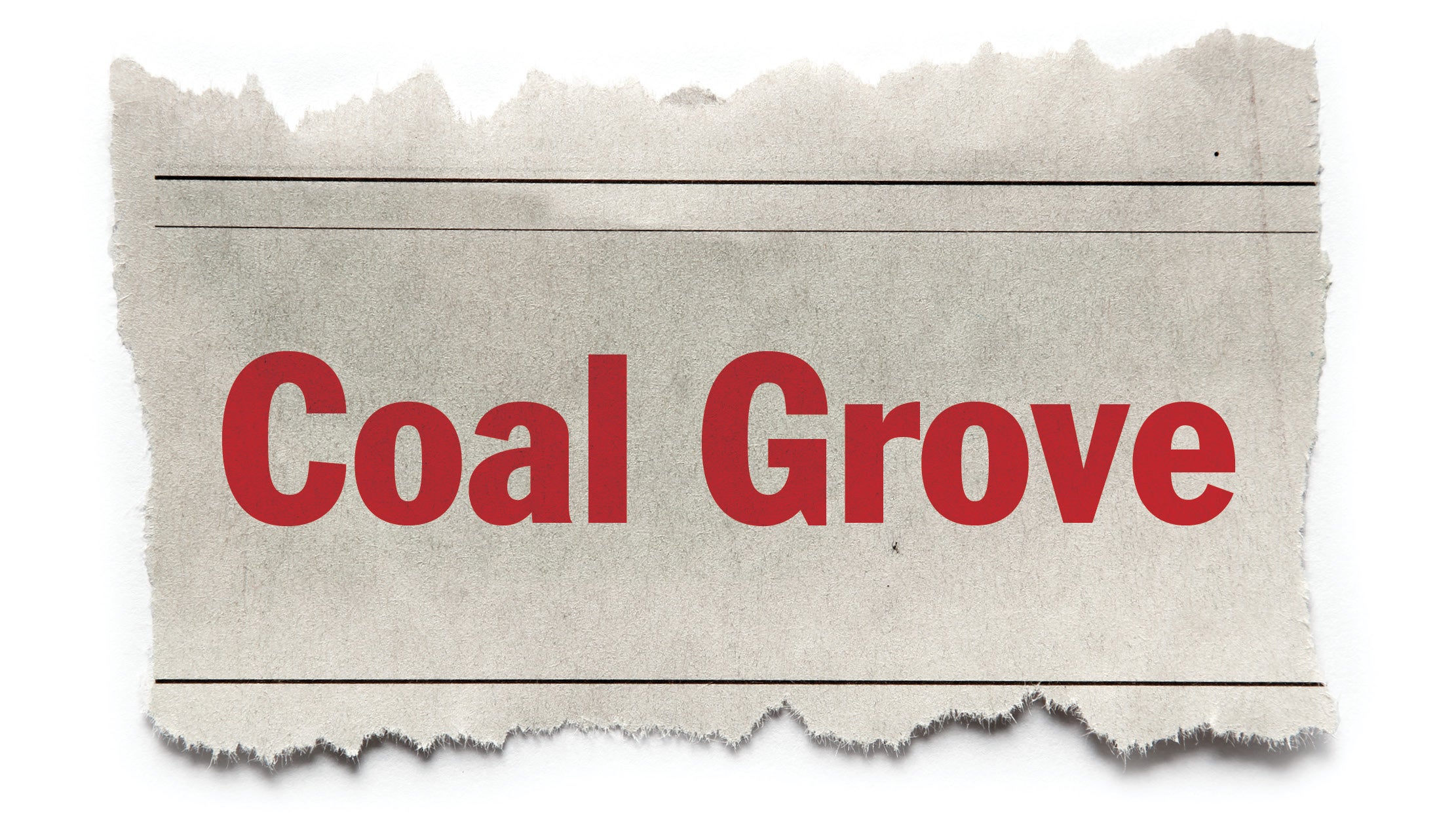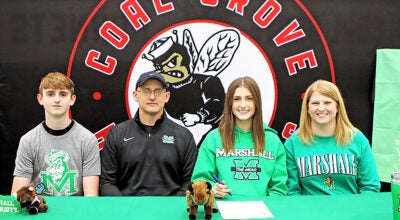Coal Grove considers radar cameras
Published 10:27 am Thursday, January 12, 2017
Independent company would handle ticketing for share of fines
Coal Grove Village Council heard a presentation from, and entered into the first reading of an ordinance authorizing a contract with Blue Line Solutions for photo speed enforcement on Wednesday evening.
While the state of Ohio is currently hearing cases related to photo traffic signal enforcement, they have already ruled that photo speed enforcement is only valid if a full time officer witnesses the violation.
Blue Line’s equipment meets that requirement by requiring an officer to operate it like a traditional radar gun. The difference is that, instead of then pulling the speeder over, the device snaps a photo of the offender’s license plate.
These photos are uploaded at the end of shift to servers in Chattanooga, Tennessee. Blue Line then processes the images and disqualifies any unclear photos. They then send the department an email saying that they have violations ready for approval. The department then has a chance to disqualify any photos they want.
“If you see that it’s the mayor’s car,” teased Blue Line representative Mark Hutchinson.
Blue Line then processes the approved violations and sends out tickets to the addresses where the vehicles are registered. Ticket revenue is split 60/40 between the municipality and the company. Hutchinson assured the village that the program would not result in any costs for the village. All radar units would be provided by the company, he said, in addition to legally required signage noting that the area is photo enforced.
The company even has what they call an officer reimbursement fund, Hutchinson explained, where they cover the hourly wage of officers for any time spent using the radar device. This could allow departments to schedule officers to overtime to use the device, to increase a part time officer to full time by utilizing the program, or even to hire a new full time officer or officers purely for traffic enforcement, with Blue Line covering all salary costs as long as the time is spent shooting photos for speeding violations.
While those charged still have the right to contest their tickets in court, the company even takes care of the administrative tasks. Hutchinson said that tickets could be contested through their website, by printing and then emailing or faxing a form to the company. Once these forms are received, they “even put together court packets” for the judge hearing the case, Hutchinson told the council, “to help prosecute violations.”
“The only thing we need your clerk to do,” he said, “is keep up with them.”
When council expressed skepticism over the deal, especially the officer reimbursement program, Hutchinson explained that to recoup the company’s costs for covering salary and equipment, they only needed officers to issue a couple of citations a day. But with this technology, which allows them to tag speeders without pursuing them and taking the time to write a citation, “they will write 20, 40, 60 tickets in a day,” Hutchinson told them.
While the revenue a community brings in will vary, Hutchinson said, he gave the example of Gerard, Ohio, which he claimed has been bringing in revenues of $110,000 per month since joining the program. He encouraged the council to reach out to these other communities while they considered the proposal.
While the typical traffic ticket is a criminal offense, these tickets count as a civil offense instead. This means that if a driver ignores the fine, they can have late fees added to the amount. If the driver continues to ignore the citation, Hutchinson said that the fine will be sent to a collections agency after a third notice is sent.
Coal Grove Village Council also moved to enter into the first reading of a municipal tax income ordinance, and moved to accept the resignation letter of Officer Cody Pennington from the Coal Grove PD.





